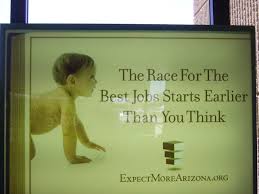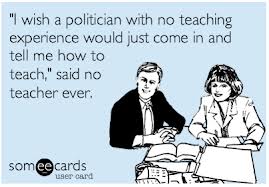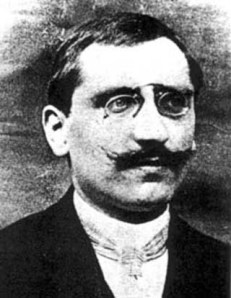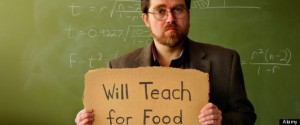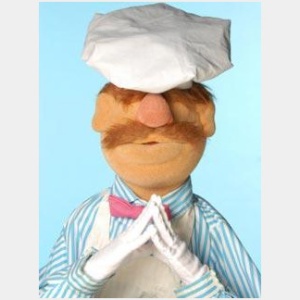So this post will probably annoy some people. And its not even funny. Let’s call this my Michael Macntyre post.
As Joe Strummer once said. “Should we stay or should we go?” I’m surprised that has not become the theme tune of the brundecideds. I admire the brundecides. I myself, however, am just leaving the brundecided zone, and would like to suggest why. And in which direction. Tantalising I know. You’ll have to read on.
Let’s admit upfront that noone really knows whether or not we will be better or worse off in or out. This is not a decision about finances.
Let’s also admit that this is not a decision about personalities. This is good news for me, since in my view Farage, Cameron, Osborne and Johnson are all equally hopeless, untrustworthy and cynical. But voting bremain to spite Farage, or brexit because you think Boris is a charming man would not be wise.
It should also be said that this is an extremely important vote. Get your general election vote wrong and at least you get to change your mind in five years. Get this wrong, and it’ll be many years before the chance comes round to change things. (Which is perhaps a small mercy).
Anyway, here is my view and you can like it or lump it. First, it seems undeniable that we are faced with all sorts of not insignificant problems and challenges. I won’t list them. It is too depressing. It is also undeniable that none of these problems are fixed by brexiting or bremaining. Whichever we do, we wake up the next day and global warming is still a problem. Syrians and Libyans will still want to avoid living in a war zone. There will not be enough fish in the sea. Antibiotic resistance will still threaten our health. And so on. (See, it is depressing). (I did say).
So the question is – do we solve these problems best in the EU or out the EU?
It seems to me that, couched in these terms, the decision is quite straightforward. The EU is a pretty hopeless organisation, which spends far too much time and money and effort trying to fix problems the wrong way. It has screwed up on many many occasions, and should be ashamed of itself. It is unaccountable, heavy-handed and insufficiently democratic.
But none of the really important issues can be fixed on our own. We can bury our heads gloriously in the sand for a while, singing Rule Britannia and feeling chuffed about regaining sovereignty (whatever that means, if anything), but these problems will still come and bite us just as hard. (This is an important point. The world has moved on since Churchill, whether you like it or not).
Or we can try to work with a bunch of other people to sort problems out. Cooperation and all that. If you don’t believe me, this is a very convincing song.
Perhaps that all sounds very flippant. It’s hard to make bremain sound inspiring. Brexit can go all Dunkirk and Johnny Foreigner and Churchill and Her Maj and This Sceptred Isle and all that stuff. Wave the flags. Bremain is just a rather tedious and uninspiring decision to suggest that our best hope is to get together with a bunch of other democracies and try to sort stuff out. But that is what we have to do, if we care about the future.


